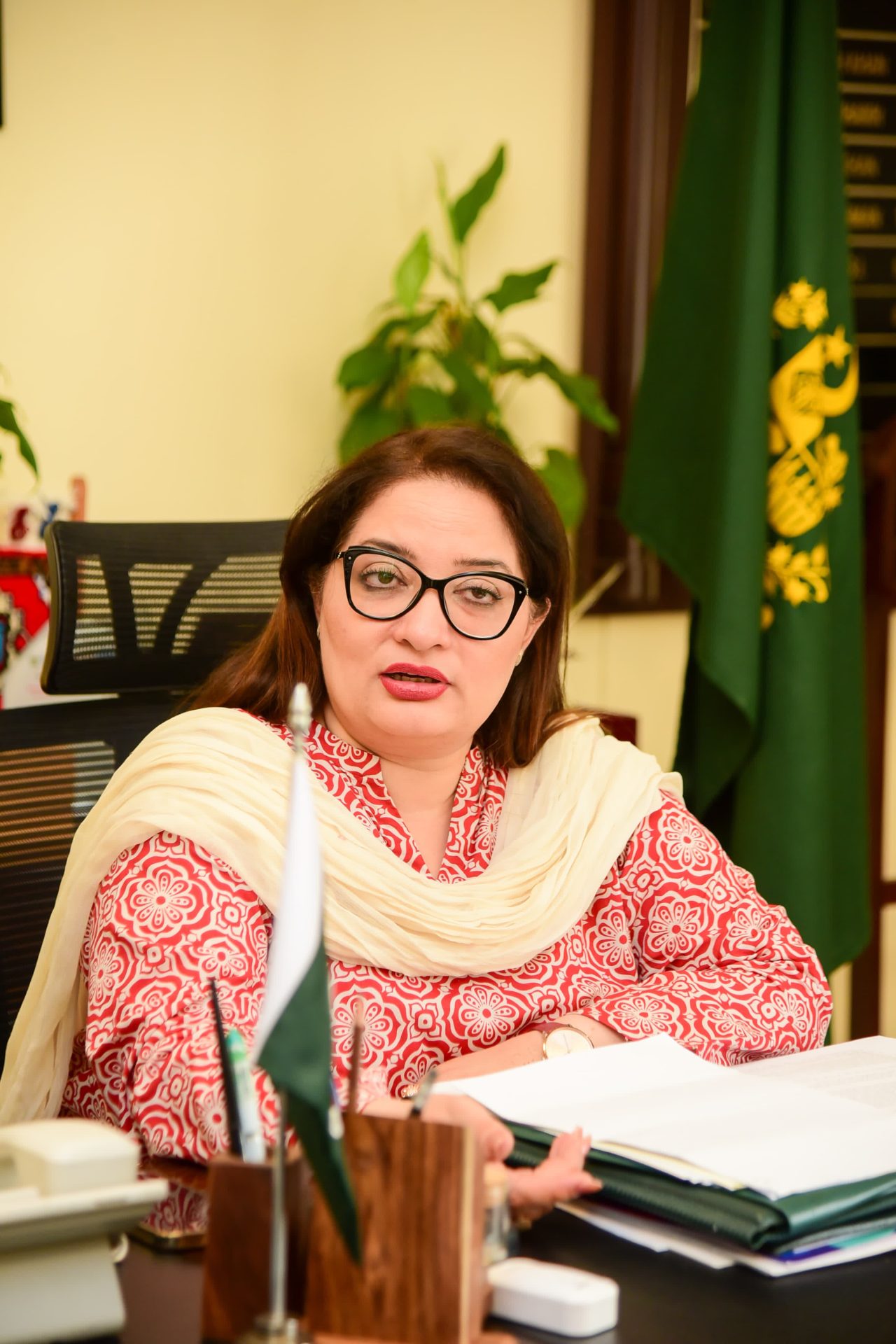 Coordinator to the Prime Minister on Climate Change and Environmental Coordinator said that breastfeeding is a vital practice with profound health benefits for both infants and mothers. Because, it provides infants with essential nutrients, boosts their immune systems, and fosters an emotional bond between mother and child.
Coordinator to the Prime Minister on Climate Change and Environmental Coordinator said that breastfeeding is a vital practice with profound health benefits for both infants and mothers. Because, it provides infants with essential nutrients, boosts their immune systems, and fosters an emotional bond between mother and child.
“Breastfeeding supports healthy development, strengthens the mother-infant bond and yields positive economic and environmental impacts. However, promoting and supporting breastfeeding through education, policy and community support can lead to healthier individuals and a more sustainable future,” Ms Alam said while addressing as keynote speaker at a seminar ‘National Advocacy & Sensitisationwith Parliamentarians on the World Breastfeeding Awareness Week’ held here at a local hotel on Wednesday.
The event was organized by Save the Children in collaboration with Climate Change and Environmental Coordination Ministry, WHO, Unicef, and World Food Programme.
The event brought together a diverse range of participants, including parliamentarians, public health experts, civil society members, students, and the general public. Notable attendees included representatives from UNICEF Pakistan, the Health Services Academy, Save the Children International, and Members of the National Assembly (MNAs).
Highlighting climate change impacts on mothers’ access to healthy nutrition, PM’s Climate aide told the participants that Pakistan is on the frontline of climate change impacts, facing extreme weather events, water scarcity, and shifts in agricultural productivity.
These challenges have a direct impact on food security and, by extension, on maternal and child nutrition, she added.
The PM’s Climate Aide, however, emphasized upon the need for hammering out policies and action plans to protect the breastfeeding women from exacerbating fallouts of climate change, particularly floods and heatwaves.
“As climate change exacerbates poverty and food insecurity, the most vulnerable segments of our population—women and children—are at increased risk of malnutrition,” she remarked.
Romina Khurshid suggested, “To address this, we must integrate climate resilience into our national nutrition programmes and policies.”
“This means promoting sustainable agricultural practices, ensuring that our food systems are resilient to climate shocks, and prioritizing nutrition in our climate adaptation strategies. By doing so, we can protect our children from the dual threats of malnutrition and climate change,” she elaborated.
The PM’s aide Romina Khurshid Alam emphasised that breastfeeding lies at the heart of our nation’s future—empowering maternal, child, and adolescent nutrition in Pakistan.
She remarked, “Achieving adequate and health-boosting nutrition is not just a health challenge for mother and child during breastfeeding age, it is also a cornerstone for the development of our society, our economy, and our resilience to the growing challenges posed by climate change.”
Highlighting governments efforts, Romina Khurshid said that the government has taken various steps towards this by enhancing maternity leave policies and encouraging workplaces to adopt more family-friendly practices.
However, “the government is also pushing for broader implementation, particularly in the private sector, and ensure that these policies are accessible to women in all parts of the country”, she highlighted.
Earlier in his welcome address, Muhammad Naeem from Save the Children International Pakistan reaffirmed the organization’s commitment to children’s health and survival. He stated, “Our mission prioritizes the health of children, which is why we are dedicated to enhancing maternal and child health through targeted programs and strategic partnerships with government bodies and organizations like UNICEF.”
Anteneh G. Minas, Chief of Nutrition at UNICEF Pakistan, while addressing the event underscored the essential role of parliamentarians and policymakers in securing adequate budget allocations to support initiatives that create a conducive environment for breastfeeding. He also emphasized UNICEF’s ongoing efforts to advocate for the enforcement of the Breast-milk Substitutes Acts.
During her speech Ms. Rana Ansar, MNA, shared insights into legislative measures taken to protect breastfeeding practices.
She noted, “A bill passed in the Sindh Assembly prohibits formula milk companies from marketing their products as substitutes for breast milk. Additionally, amendments require workplaces with twenty-five or more employees, whether public or private, to provide daycare centres. A resolution will also be passed to establish daycare centres in all assemblies and other workplaces, along with extended sick leaves for both mothers and fathers.”
Secretary of the Women’s Parliamentary Caucus Dr. Shahida Rehmani said while addressing the event that of the most pressing challenges we face in protecting breastfeeding is the aggressive marketing of breast milk substitutes.
In Pakistan, this issue is particularly acute, with widespread marketing that often targets vulnerable mothers, leading them to believe that formula milk is a better option, she pointed out.
The International Code of Marketing of Breast Milk Substitutes is a global standard designed to curb these practices, and Pakistan has committed to upholding it.
She said that protecting breastfeeding is not just a matter of health; it is a matter of national responsibility.
Editor : Kamran Raja